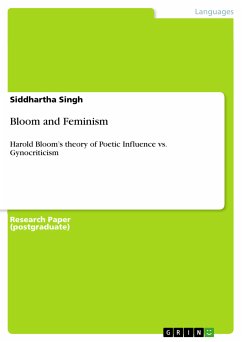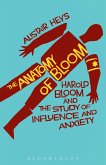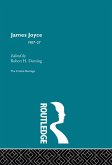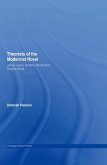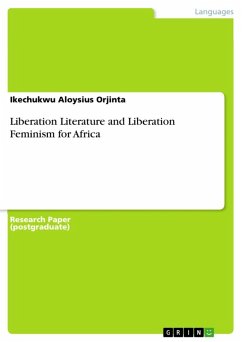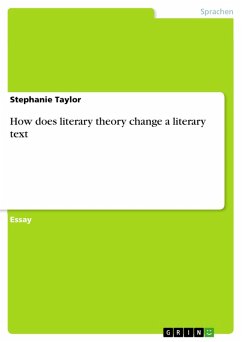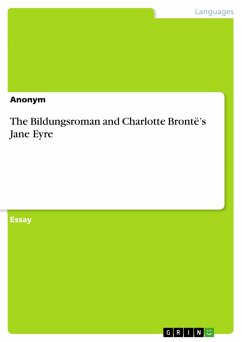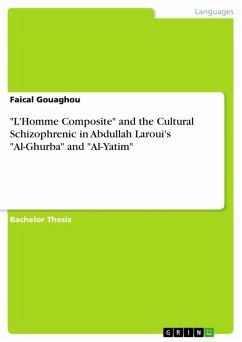Research Paper (postgraduate) from the year 2012 in the subject Literature - Modern Literature, , language: English, abstract: Harold Bloom offers a theory of poetry "by the way of a description of poetic influence, or the story of intra-poetic relationship" (1973 5). The intra-poetic relationship contends with the darker truth that every poet qua poet suffers from the anxiety of influence; a "melancholy principle" that makes the poet wonder whether there is anything left at all for him to say. The poetic influence, Bloom proposes, creates anxiety. Therefore, the new poet wants to see the "libraries burning", scan so that he can enter into the canon. However a historical approach, following Foucault Shows that literature has always served political power and that the canon has been a construct for similar ends. So, Foucault would say, let the canon be deconstructed to reveal this power structure and let the literary values be redefined to serve social goals. This almost invariably means the goals of feminists and multiculturalism also. They argue that the process of canon-formation has expressed the interests of the dominant class to the exclusion of women, homosexuals and non-Europeans. Like the Biblical canon the literary canon has been closed to all but dead White phallocentrists, and must be forced open. Bloom lumps together the various critical schools, which derive inspiration from this approach as the School-of-Resentment. Against this chool-of-resentment Bloom propagates "aestheticism" as the sole test of "canonicity". His concept of originality leads him to defend the "autonomy of aesthetics" which returns us to "the sovereignty of the solitary soul, the reader not as a person in society but as the deep self, our ultimate inwardness". Thus it is the aesthetic power of a work that compels readability and therefore it breaks into the canon. Bloom here seems to constitute literature as a stable affair. This is what gynocriticism opposes since it shows how the mechanism of patriarchy has always subsided the female writers from the mainstream literature and thus from the established canon as well, therefore gynocriticism seeks a female tradition of writing.
Dieser Download kann aus rechtlichen Gründen nur mit Rechnungsadresse in A, B, BG, CY, CZ, D, DK, EW, E, FIN, F, GR, HR, H, IRL, I, LT, L, LR, M, NL, PL, P, R, S, SLO, SK ausgeliefert werden.

